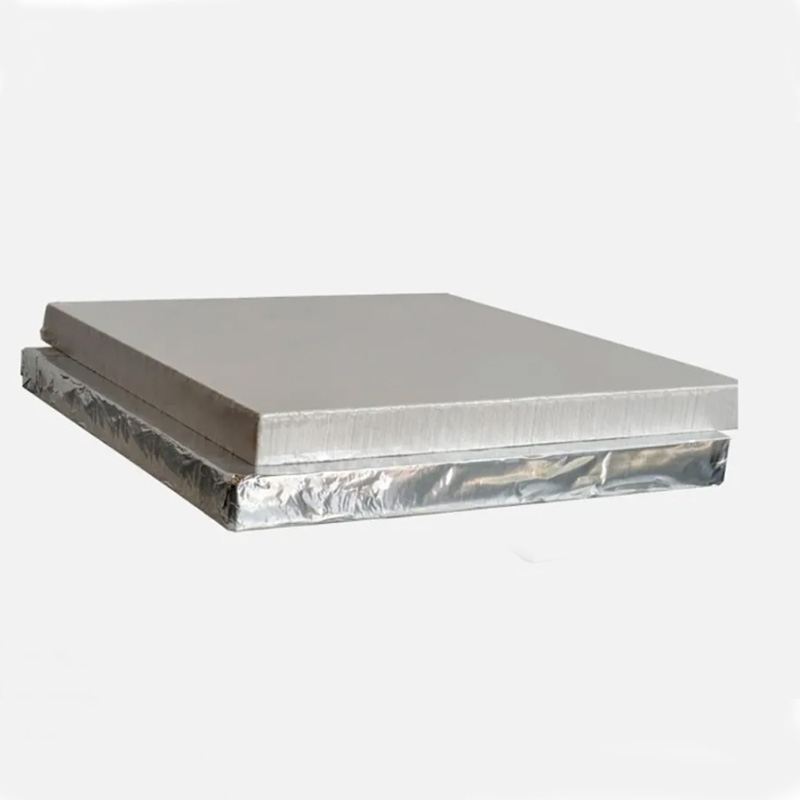How to Install & Handle Microporous Insulation

Cutting - Use sharp blades (avoid crushing nanopores)
Sealing Joints- Apply high-temp sealant to prevent heat leaks
Mechanical Fixing - Use washers to distribute compression loads
We provide whole range microporous Insulation products for your industrial equipment with best energy saving solutions.
Ultra-Low Thermal Conductivity (0.020–0.025 W/m·K at 20°C)
High-Temperature Resistance (up to 1000°C+ in oxidizing environments
Lightweight & Thin (50% thinner than ceramic fiber for equivalent performance)
Non-Combustible & Chemically Stable

Cutting - Use sharp blades (avoid crushing nanopores)
Sealing Joints- Apply high-temp sealant to prevent heat leaks
Mechanical Fixing - Use washers to distribute compression loads